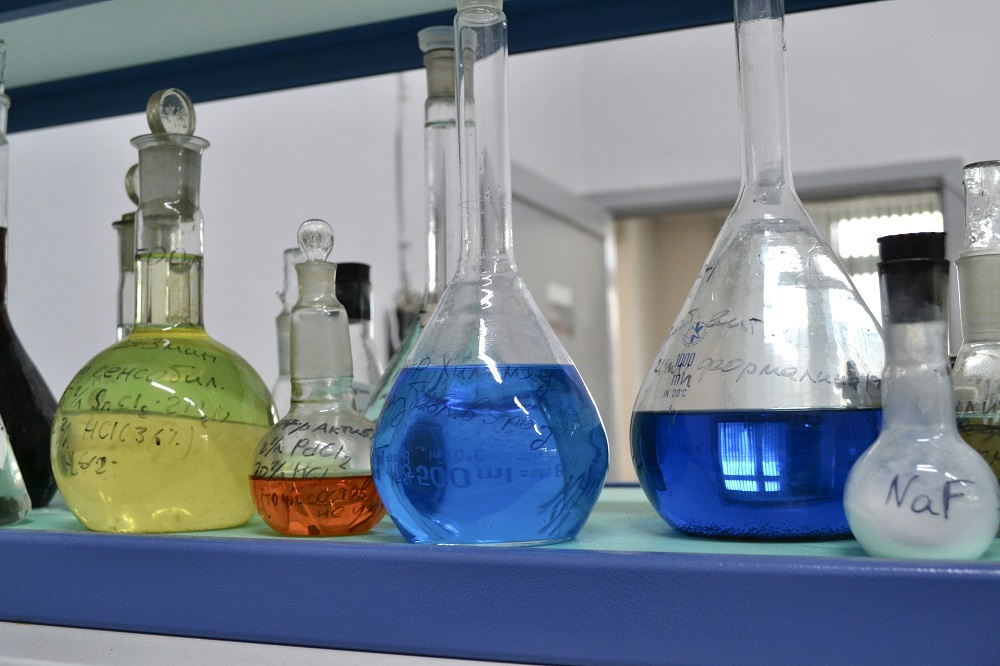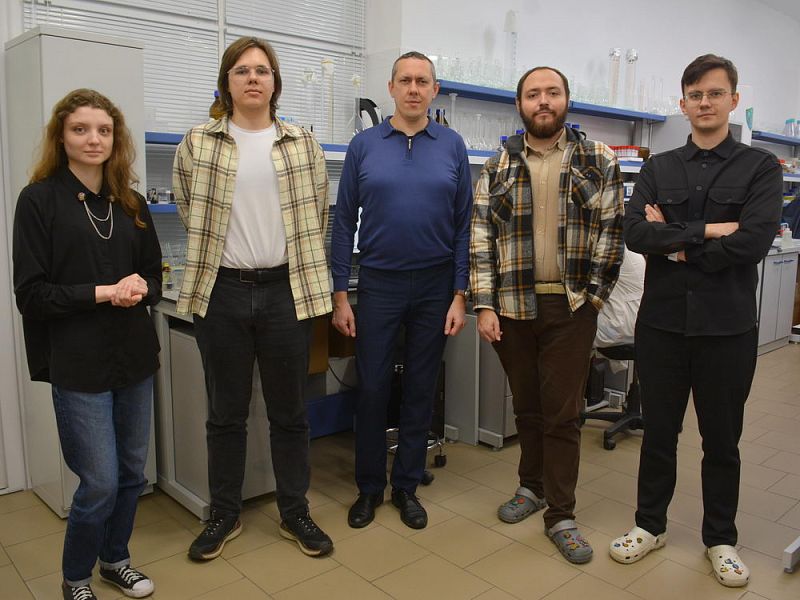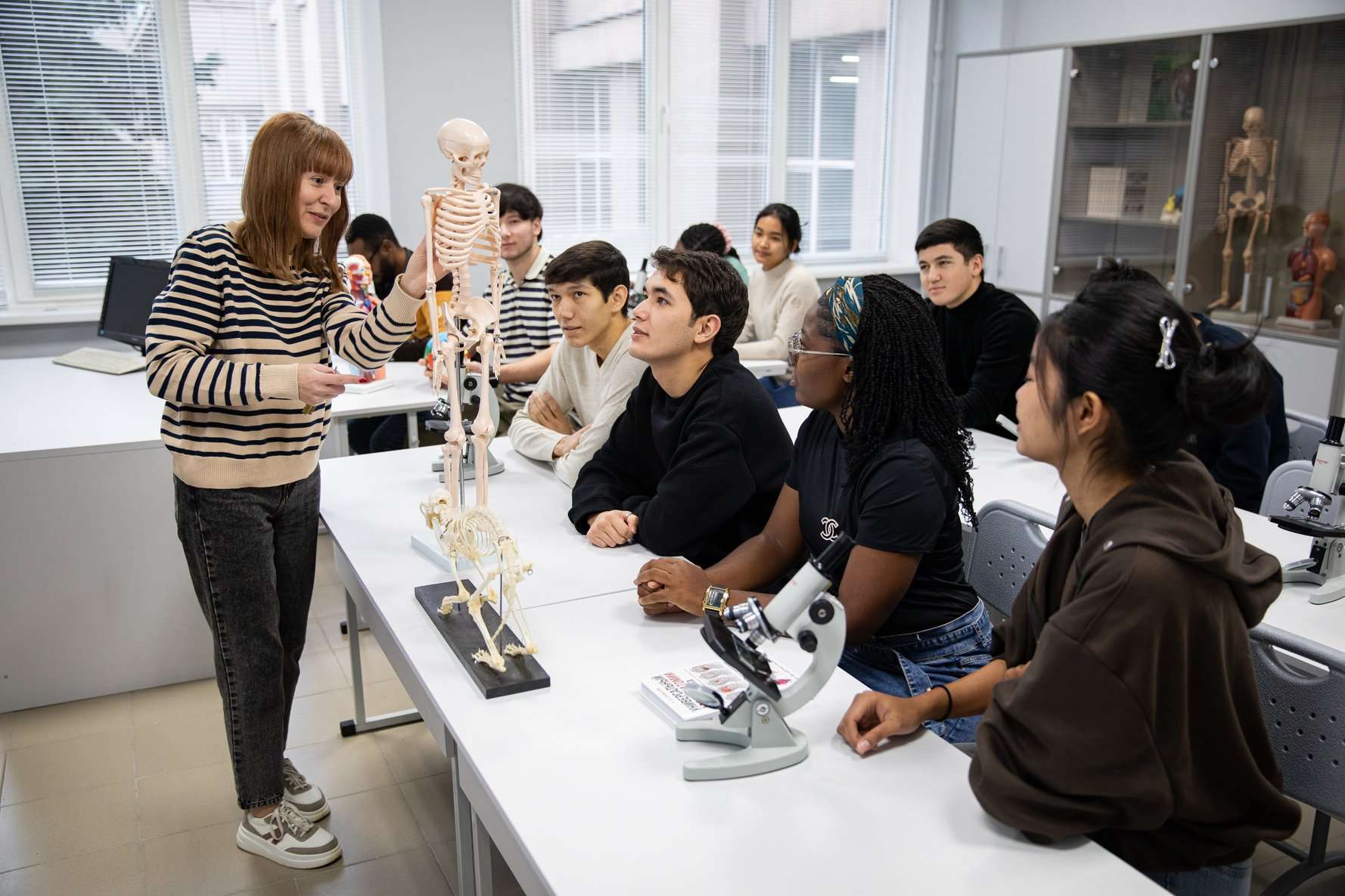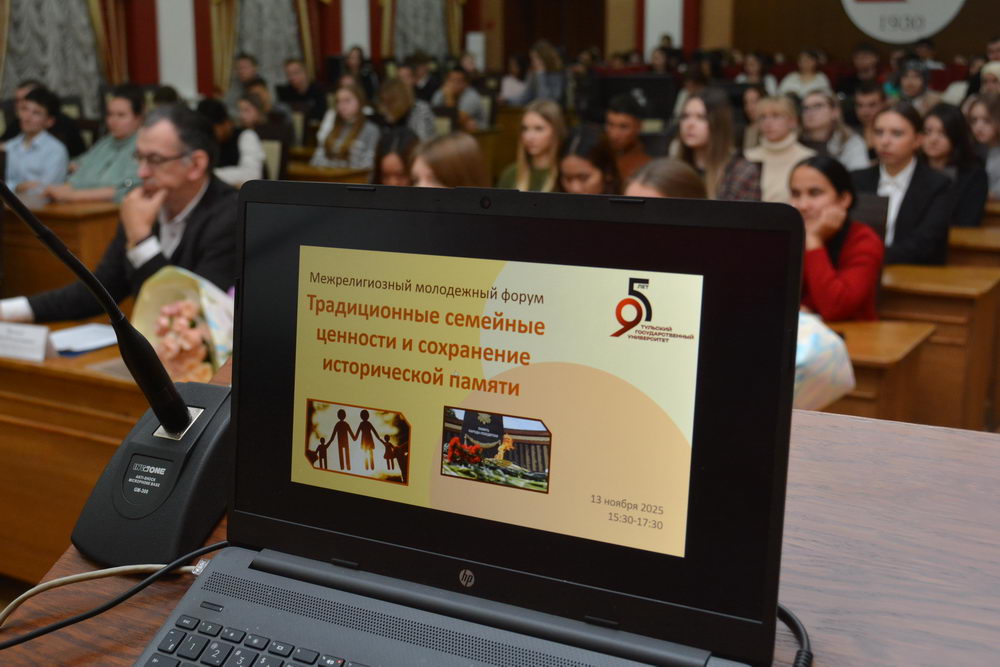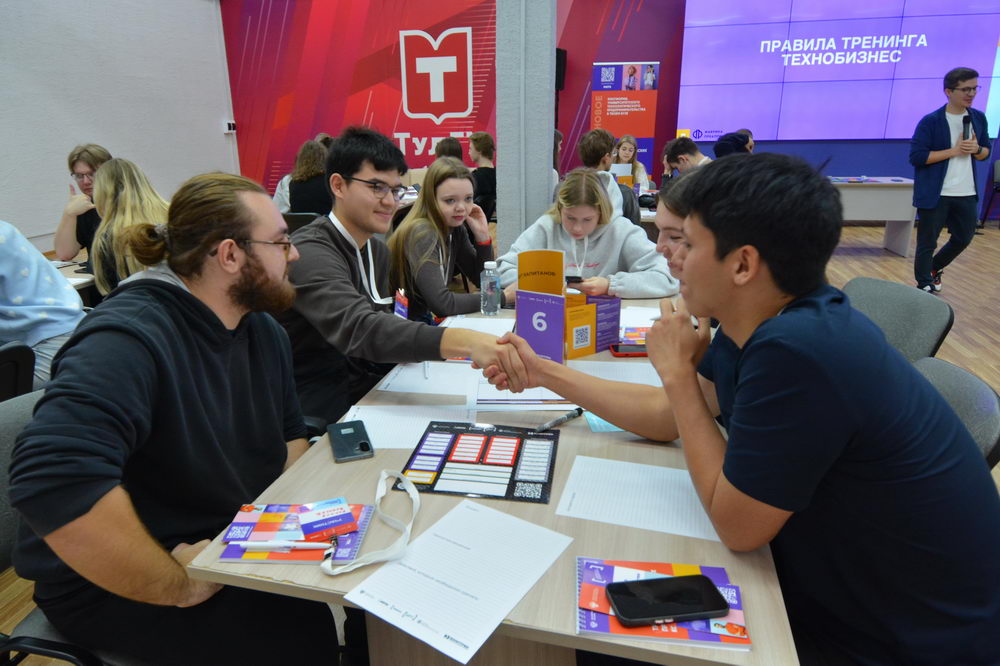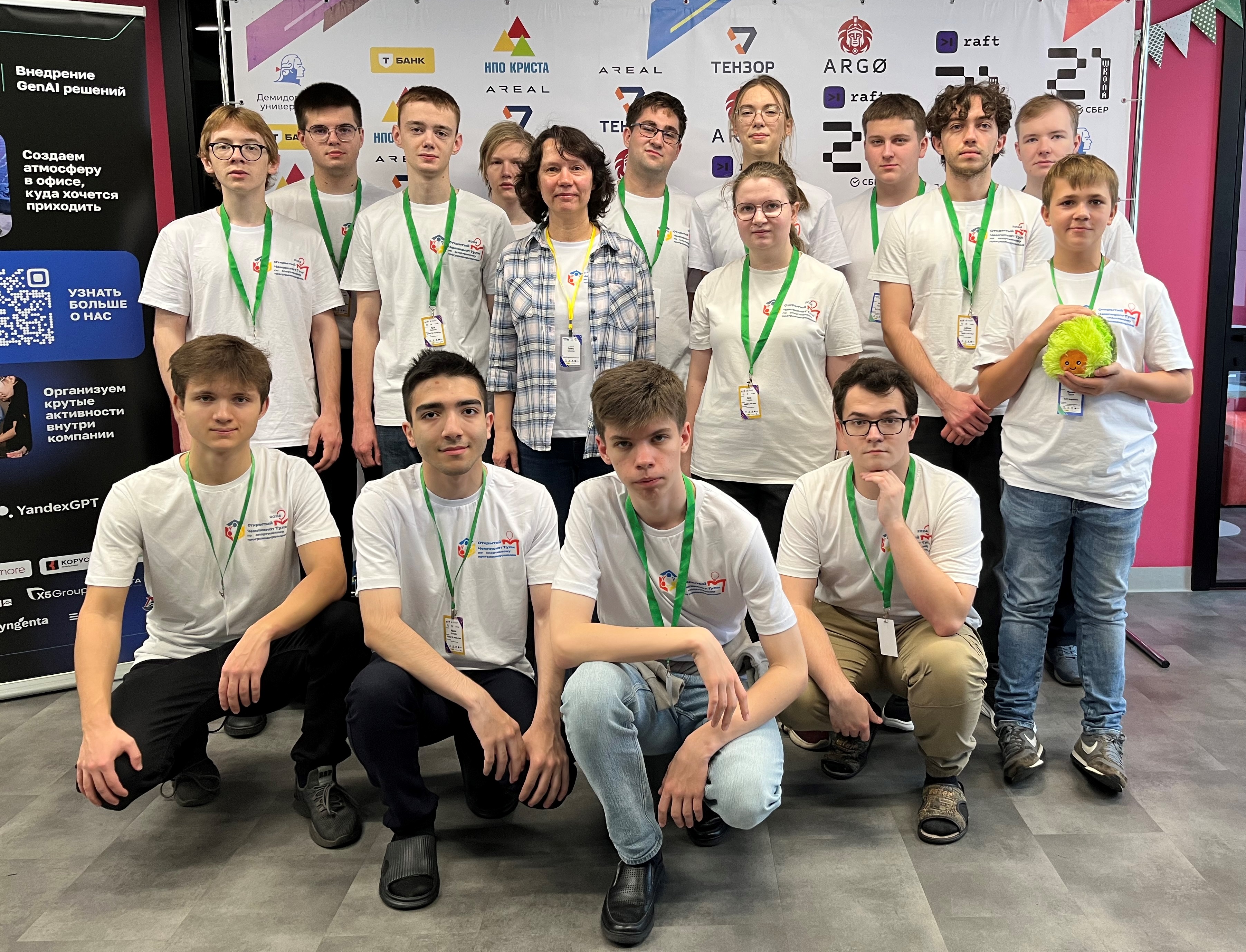- 12.03.2025
Endoprostheses of the future, clean polygons and new materials
Scientists of Tula State University, supported by the Russian Science Foundation, are implementing projects in the interests of the Tula Region and the country.
The Russian Science Foundation supported five projects of Tula State University scientists within the framework of two regional competitions for projects of individual scientific groups and small scientific groups. Each work underwent a serious expert evaluation and was selected from two thousand applications received for the competition.
One of the main conditions of the RNF competition: the research should be aimed at solving priority tasks defined for the region, as well as at developing the socio-economic sphere of the Tula Region. For example, the project of Vitaliy Nikolayevich Soromotin, Senior Researcher of the Laboratory of Biologically Active Compounds and Biocomposites at Tula State University, will make it possible to create catalytic materials with unique properties, which is important for chemical industry enterprises operating in the Tula Region. Catalysts are used in various areas of human activity, and the research will help to do it more efficiently and environmentally friendly.
Vladimir Mikhaylovich Panarin, Head of the Department of Labour and Environmental Protection at TulSU, with the support of the Russian National Foundation, intends to develop a method of ecological risk assessment for the subsequent use of the territories of reclaimed solid municipal waste landfills.
- We have been working on the topic of landfill reclamation together with the Government of the Tula Region for many years, this work is aimed at returning land and improving the overall environmental situation in the conditions of development of modern methods of waste storage and processing, - said Vladimir Mikhaylovich.
The creation of a new generation of metal biomaterials for implant manufacturing will be facilitated by the project of Galina Viktorovna Markova, Professor of the Department of Mechanical Engineering and Materials Science of TulSU. She explained:
- The materials of implants have strict requirements for biochemical and biomechanical compatibility with bone tissues of the human body. The material must have sufficient mechanical strength and exhibit superelastic properties. During the research we will determine the functional and mechanical properties of the alloys, which has both scientific and practical significance. The obtained results will give an idea about the efficiency of powder technology of porous alloys production, which will bring closer the creation of new generation implants. Such products may turn out to be even stronger and more durable than natural human organs.
Bogdan Yanovich Karlinskiy, Head of the Laboratory of Chemical Conversion of Renewable Biomass and Organic Synthesis at TulSU, is studying furan compounds-platforms that can become a new source for obtaining valuable substances and materials. Over the last decades furans have already demonstrated their potential as precursors of new biologically active substances and polymeric materials with outstanding properties.
- The chemical conversion of plant biomass offers great opportunities for obtaining valuable products from alternative sources other than non-renewable oil, natural gas and coal,’ the researcher said. - But to put this cheap and readily available raw material at the service of mankind requires research, which is being carried out by specialists from Tula State University.
In the course of the work, TulSU scientists will consider the possibility of recycling polymers under the action of various microorganisms, including those isolated from the activated sludge of sewage treatment plants of the Tula region. It is expected that new furan-containing materials can not only be as good as known renewable analogues, but also surpass them in mechanical and barrier properties.
Dmitriy Litvinov


